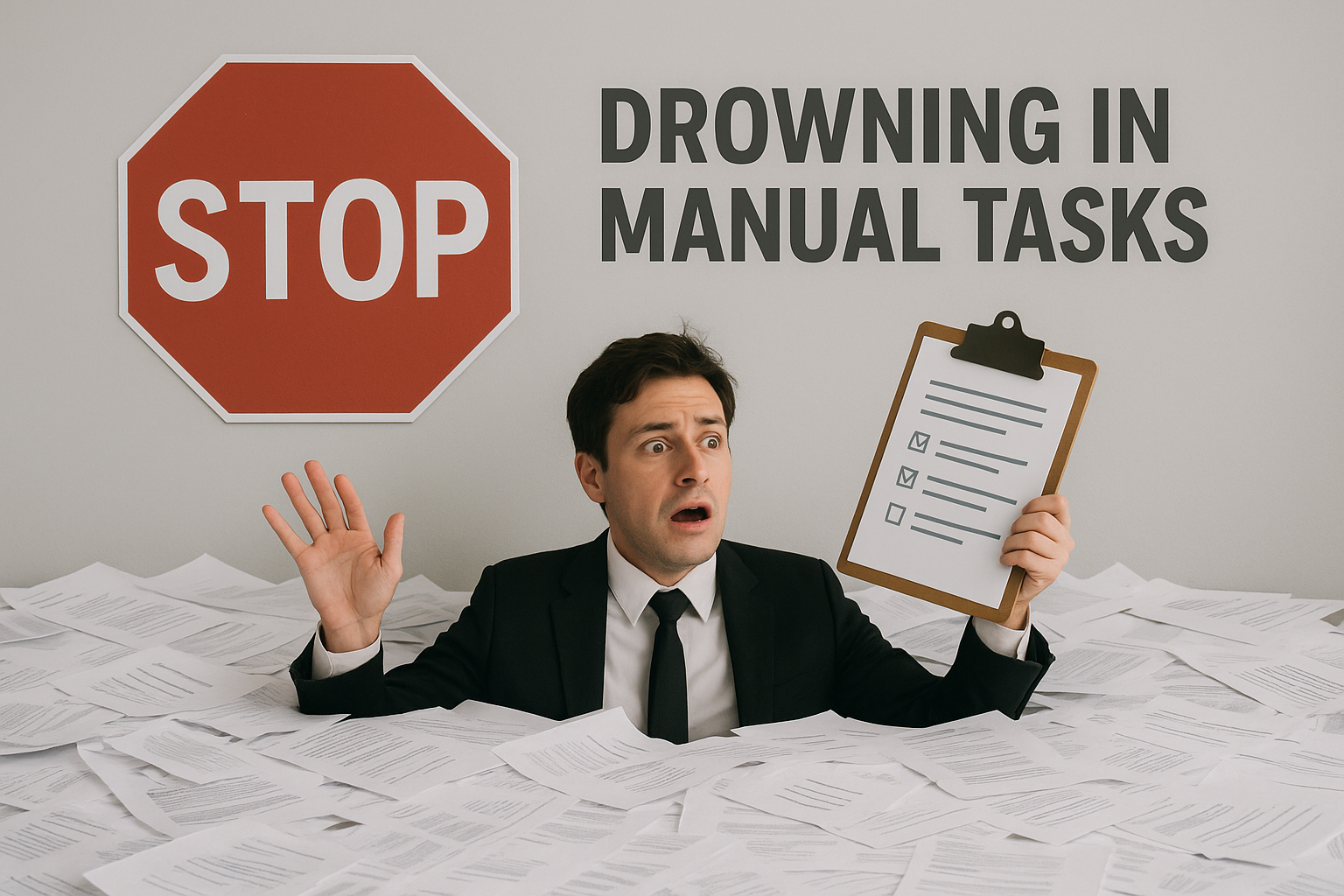Are cryptocurrency losses from scams deductible?

As investing in cryptocurrency becomes more popular in Australia, there is also a corresponding increase in the amount of scams being reported. Due to the unregulated nature of cryptocurrency and the recent failure of two Australian cryptocurrency exchanges, this investment space has become a risky free-for-all, with Scamwatch estimating that around $35m were lost to cryptocurrency scams in the first half of 2021. If you’re one of the unlucky ones to have been scammed, depending on your circumstances, a capital loss may be claimed.
With the recent collapse of a second Australian cryptocurrency exchange in as many months, along with persistent reports of a range of sophisticated cryptocurrency scams targeting Australians, many cryptocurrency owners are asking if you lose money in a scam can you deduct the loss? The short answer is it depends.
Scamwatch, a part of the ACCC (Australian Competition and Consumer Commission), estimates that Australians lost over $70m in investment scams in the first half of 2021. Of this $70m, around half, or $35m were lost to cryptocurrency, especially Bitcoin. Cryptocurrency scams were also incidentally the most commonly reported type of investment scam in 2021, with around 2,240 reports.
While the figure of around 2,000 Australians being scammed does not seem particularly high, keep in mind that most scams go unreported due to embarrassment or other factors, so the real figure is likely to be much higher.
Cryptocurrency scams can come in a variety of forms, the most common being impersonation, where scammers pretend to be from a reputable trading platform and have a legitimate-looking digital assets (eg fake trading platforms which look like the real thing, email addresses that approximate a genuine company they are impersonating etc) to lure investors in. Investors who fall into this trap will usually see the initial money they invested skyrocket on fake trading platforms and may even be allowed to access a small return. Once hooked, the scammers will ask for further investments of large sums of money before cutting off contact and disappearing completely.
So, back to the original question of can you deduct a loss? It all boils down to whether you actually owned an asset. For example, if you actually owned cryptocurrency such as Bitcoin in a digital wallet and due to the collapse of an exchange all the cryptocurrency you owned has disappeared, then it is likely that are able to claim a capital loss. Similarly, this would also apply if the cryptocurrency you own is stolen in a scam.
According to the ATO, to claim a capital loss on cryptocurrency, you may need provide the following kinds of evidence:
- when the private key to the cryptocurrency was acquired and lost;
- the wallet address that the private key relates to;
- costs incurred to acquire the lost or stolen cryptocurrency;
- amount of cryptocurrency in wallet at the time of loss of private key or access;
- able to show that the wallet was controlled by you (ie transactions linked to your identity) and that you are in possession of the hardware that stores the wallet; and
- transactions to the wallet from a digital currency exchange for which you hold or held a verified account or is linked to your identity.
If you have the above supporting information, you will be able to claim a capital loss on your tax return in the year that the loss or theft of Bitcoin occurred. This can be offset against current year capital gains, or carried forward to offset future capital gains.
For those individuals that have been scammed into investing in cryptocurrency, although no actual cryptocurrency ownership occurred, it is unlikely that deduction can be claimed, capital or otherwise. This is because you have not technically lost an asset as you did not own it in the first place and under tax law, money is not considered to be a CGT asset.
Want to learn more?
If you have been dabbling in cryptocurrency and/or NFTs, we can help you understand the tax implications involved, including any income you have to report or any losses you can deduct depending on individual circumstances. Contact us today for expert help and advice.
Email us at Robert Goodman Accountants at reception@rgoodman.com.au . © Copyright 2021 Thomson Reuters. All rights reserved. Brought to you by Robert Goodman Accountants.









